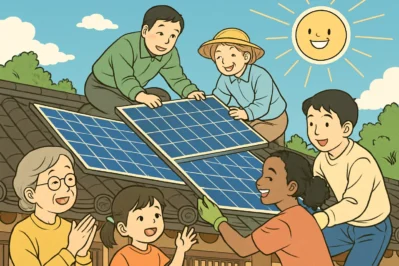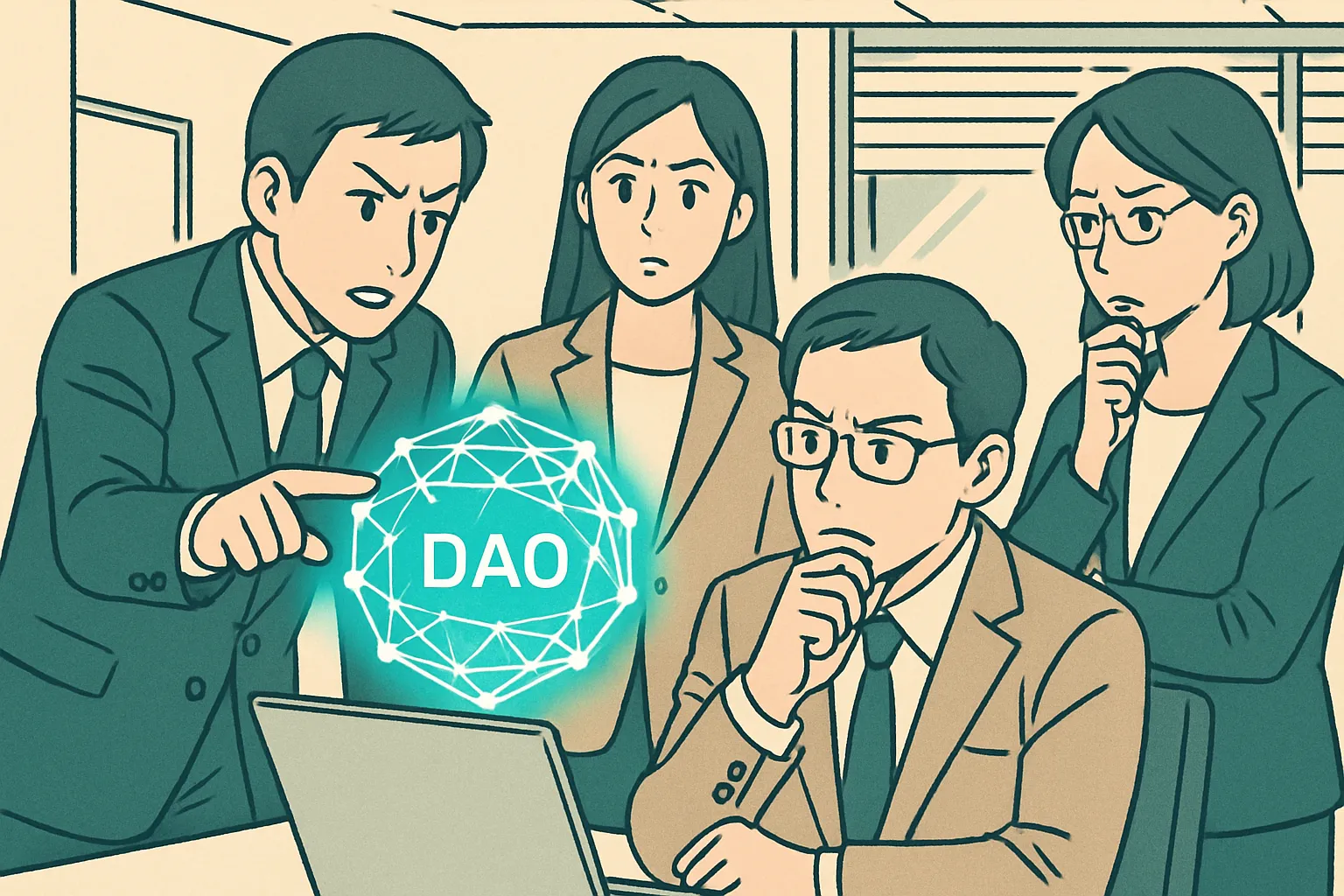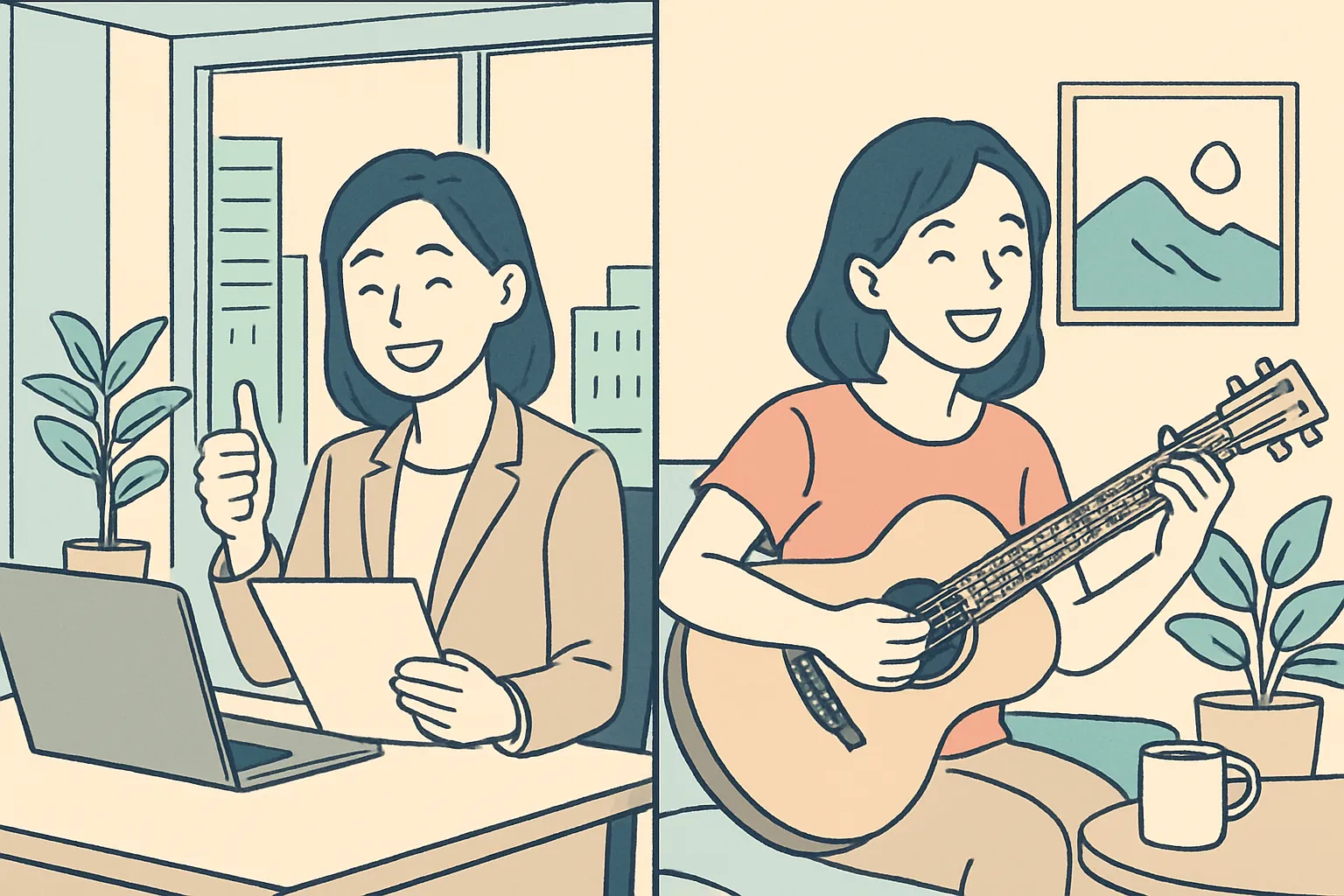Power Up Your Korean! Joining a Local Energy Co-op in Korea
Hello! It’s your favorite Korean language booster, Maeil Hangeul, here to upgrade your skills!
Today, we’re diving into a topic that’s both practical and incredibly relevant in modern Korea: alternative energy. Specifically, we’ll learn how to ask about joining a local energy cooperative. This is perfect for anyone living in Korea who is passionate about sustainability, wants to get involved in the community, or simply wants to practice their formal Korean for real-life situations.
Recently in Korea, there’s a growing movement, especially among younger generations, to create and join ‘에너지 협동조합’ (energy cooperatives). These groups build community-owned solar power plants and promote green energy. It’s a hot topic on social media and local news! So, if you want to sound like you’re in the know and participate in this cool trend, these phrases are for you!
Core Expressions You Need to Know
Here are some essential phrases for when you call or visit an energy cooperative office.
1. ~에 가입하려면 절차가 어떻게 되나요? (What is the procedure to join…?)
- Pronunciation [Romanized]: ~e ga-ip-ha-ryeo-myeon jeol-cha-ga eo-tteo-ke doe-na-yo?
- English Meaning: What is the procedure for joining…?
- Detailed Explanation: This is a key B2-level pattern for asking about any kind of process. ‘-려면’ means ‘if you intend to’ or ‘if you want to’, and ‘절차’ means ‘procedure’ or ‘process’. It’s a polite and clear way to ask for instructions. You can replace the noun before ‘에’ with anything you want to join, like a gym (헬스장), a club (동아리), or a cooperative (협동조합).
2. 조합원으로 참여하는 데 자격 요건이 있나요? (Are there any eligibility requirements to participate as a member?)
- Pronunciation [Romanized]: Jo-hap-won-eu-ro cham-yeo-ha-neun de ja-gyeok yo-geon-i it-na-yo?
- English Meaning: Are there any eligibility requirements to participate as a member?
- Detailed Explanation: This is a fantastic, slightly formal phrase that will make you sound very fluent. ‘조합원’ means ‘co-op member’, and ‘자격 요건’ means ‘eligibility requirements’. Asking this shows you’re seriously considering the commitment. It’s much more specific than just asking “Can I join?”
3. 출자금은 얼마이고, 혜택은 무엇인가요? (How much is the investment contribution, and what are the benefits?)
- Pronunciation [Romanized]: Chul-ja-geum-eun eol-ma-i-go, hye-taeg-eun mu-eot-in-ga-yo?
- English Meaning: How much is the investment contribution, and what are the benefits?
- Detailed Explanation: Cooperatives are often funded by their members. ‘출자금’ is the specific word for the money you invest to become a member-owner. ‘혜택’ means ‘benefits’. This question gets straight to the practical details: what do I need to contribute, and what do I get in return?
Example Dialogue
Let’s see how these expressions work in a real conversation. Here, a foreign resident, Alex (A), is calling a local energy cooperative and speaking with a staff member (B).
A (Alex): 안녕하세요. 최근 뉴스에서 ‘시민 햇빛 발전소’에 대해 보고 관심이 생겼습니다. 이 지역 에너지 협동조합에 가입하려면 절차가 어떻게 되나요?
Annyeonghaseyo. Choegeun nyuseu-eseo ‘simin haetbit baljeonso’-e daehae bogo gwansim-i saeng-gyeot-seumnida. I jiyeok eneoji hyeopdongjohab-e ga-ip-ha-ryeo-myeon jeol-cha-ga eo-tteo-ke doe-na-yo?
(Hello. I saw the ‘Citizen Solar Power Plant’ on the news recently and became interested. What is the procedure for joining this local energy cooperative?)
B (직원): 네, 안녕하세요! 저희 협동조합에 관심을 가져주셔서 감사합니다. 조합원으로 참여하는 데 특별한 자격 요건은 없으며, 지역 주민이라면 누구나 가능합니다.
Ne, annyeonghaseyo! Jeohui hyeopdongjohab-e gwansim-eul gajyeo-jusyeoseo gamsahamnida. Johabwon-euro chamyeohaneun de teukbyeolhan jagyeok yogeon-eun eopseumyeo, jiyeok jumin-iramyeon nugu-na ganeunghamnida.
(Yes, hello! Thank you for your interest in our cooperative. There are no special eligibility requirements to participate as a member; any local resident can join.)
A (Alex): 그렇군요. 혹시 출자금은 얼마이고, 조합원이 되면 어떤 혜택이 있나요?
Geureokun-yo. Hoksi chuljageum-eun eolma-igo, johabwon-i doemyeon eotteon hyetaeg-i itnayo?
(I see. If you don’t mind me asking, how much is the investment contribution, and what are the benefits of becoming a member?)
B (직원): 최소 출자금은 10만 원이며, 매년 전력 판매 수익에 따른 배당금을 받으실 수 있습니다. 관련 서류는 저희 홈페이지에서 다운로드하실 수 있습니다.
Choeso chuljageum-eun simman won-imyeo, maenyeon jeollyeok panmae suig-e ttareun baedanggeum-eul badeusil su itseumnida. Gwallyeon seoryu-neun jeohui hompeiji-eseo daunrodeu-hasil su itseumnida.
(The minimum contribution is 100,000 won, and you can receive dividends each year based on electricity sales profits. You can download the related documents from our website.)
Culture Tip & Trend Deep Dive
Korea’s Green Wave: More Than Just K-Pop!
The rise of energy cooperatives is part of a larger trend in Korea called ‘에너지 자립 마을’ (Energy Independent Village). These are communities aiming to produce all the energy they consume using renewable sources like solar or geothermal power.
This isn’t just about saving money; it’s a form of social and environmental activism. For many Koreans, especially those in their 20s and 30s, joining a co-op is a way to build a stronger community and take direct action against climate change.
So, when you use a phrase like “에너지 협동조합에 관심이 많습니다” (I’m very interested in the energy cooperative), you’re doing more than just practicing Korean. You’re showing that you’re engaged with modern Korean society and its evolving values. It’s a guaranteed way to have a meaningful conversation and impress your Korean friends!
Let’s Review & Practice!
Great job today! We’ve learned some very useful B2-level phrases to talk about joining a community organization focused on a modern, important topic.
Now, let’s put your knowledge to the test!
- Fill in the Blank: You want to ask about the procedure for joining a volunteer group (봉사 단체).
봉사 단체에 가입하려면 ___________ 어떻게 되나요?
- Make a Sentence: Using the words ‘자격 요건’ (eligibility requirements) and ‘있다’ (to exist), create a question asking if there are any requirements for applying for a scholarship (장학금).
Leave your answers in the comments below! We’d love to see you try out today’s expressions. Have you ever heard of these energy cooperatives in Korea?






